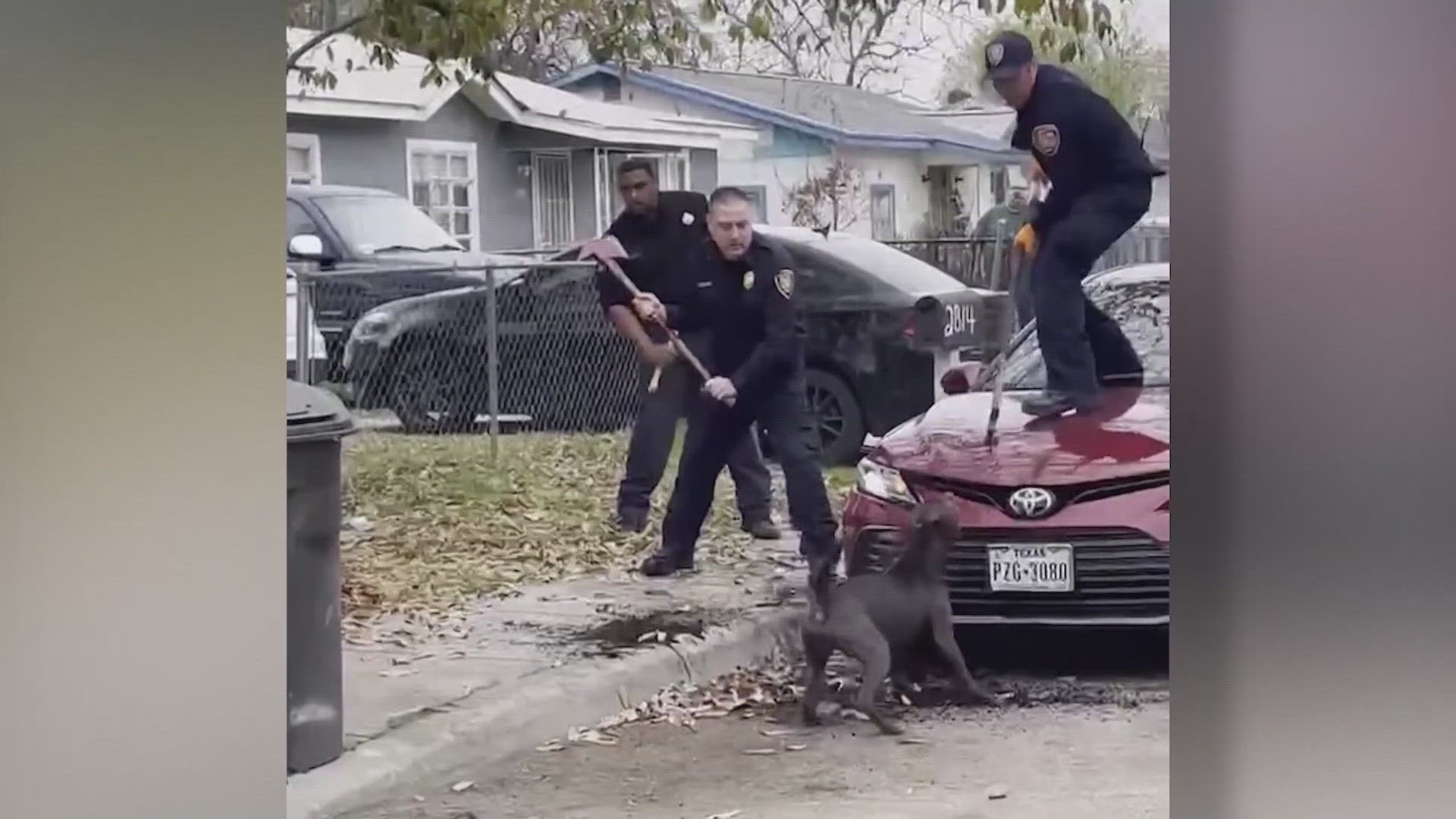SAN ANTONIO — Feb. 24 marks one year since a deadly San Antonio dog attack sparked a movement for change.
81-year-old Ramon Najera arrived to a west side neighborhood to visit relatives when dogs from a nearby property got loose and attacked.
He died from his injuries. His wife, who was also attacked, survived.


Two dogs were eventually put down.
KENS 5 is taking a closer look at the changes we've seen since last year.
"It's unacceptable for individuals to be getting bit by dogs and losing limbs and dying," said State Representative Liz Campos, representing District 119. "I think this needs to stay at the forefront and there's a lot of work that still needs to be done."
Even though two dogs in the attack had three prior bite reports, no dangerous dog affidavit was ever filed. Because of that, after those bite incidents, the dogs were allowed to return home.
One month following Najera's death, Campos filed a bill to change the rules.
"We're trying to eliminate [filing an affidavit]. So many people are afraid to put that affidavit in because a lot of times it's their neighbor's dog," she said. "It's happening way too much."
The Ramon Najera Act, also known as the Dangerous Dog Bill, would make it easier for cities to investigate dangerous dogs and for residents to report them anonymously.
"I was able to pass it through the House, the Senate, then it got vetoed," said Campos. "I've had some good conversations with the governor's office and they have committed to working with me. So I'm going to hold them to it."
Rep. Diego Bernal, D-San Antonio, and Sen. Jose Menendez, D-San Antonio, filed similar legislation that would allow witnesses and victims to sign anonymous affidavits. The bills would also give San Antonio Animal Care Services (ACS) the authority to designate a dog as dangerous. Neither bill made it past committee.
In May, dangerous dog reports nearly tripled in the Alamo City, according to ACS, which said dangerous/aggressive dog affidavits increased from 21 to 58 per month.
In September, San Antonio City Council approved a 26% increase in funding for ACS that would add more than a dozen personnel and cut down on response time to dangerous dog calls.
In December, ACS launched an online registry to identify where dangerous dogs live.
In the meantime, Campos believes along with legislation at the state level, locally we still have a lot of work to do.
"What are we going to do about the loose dogs? We need to do more," she added.
Christian Moreno and Abilene Schnieder, the owners of the dogs responsible for the deadly attack, were indicted late last year. According to Bexar County records, both are due again in court March 8.
Campos plans to push the Dangerous Dog Bill again in the upcoming legislative session next January.

